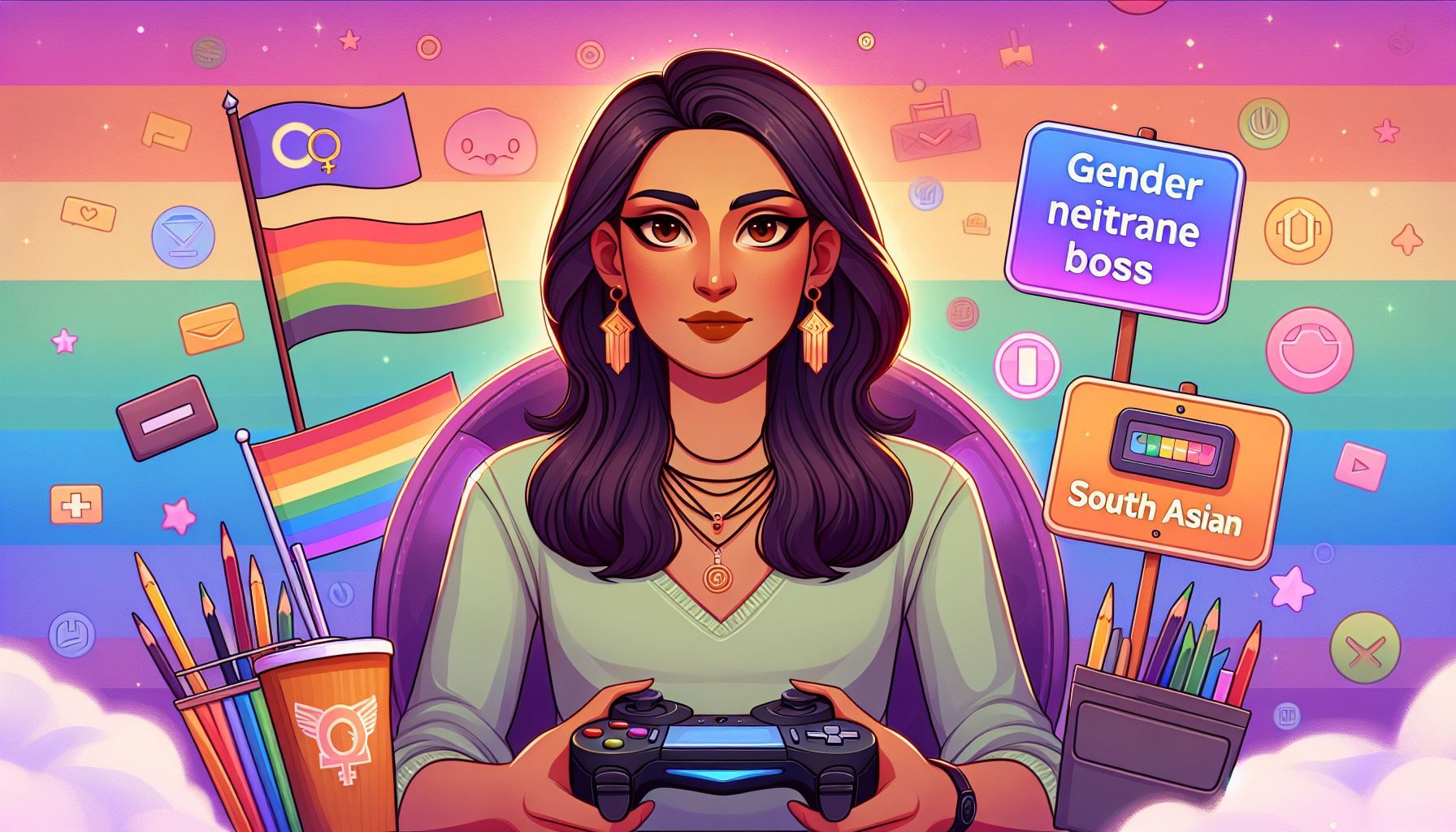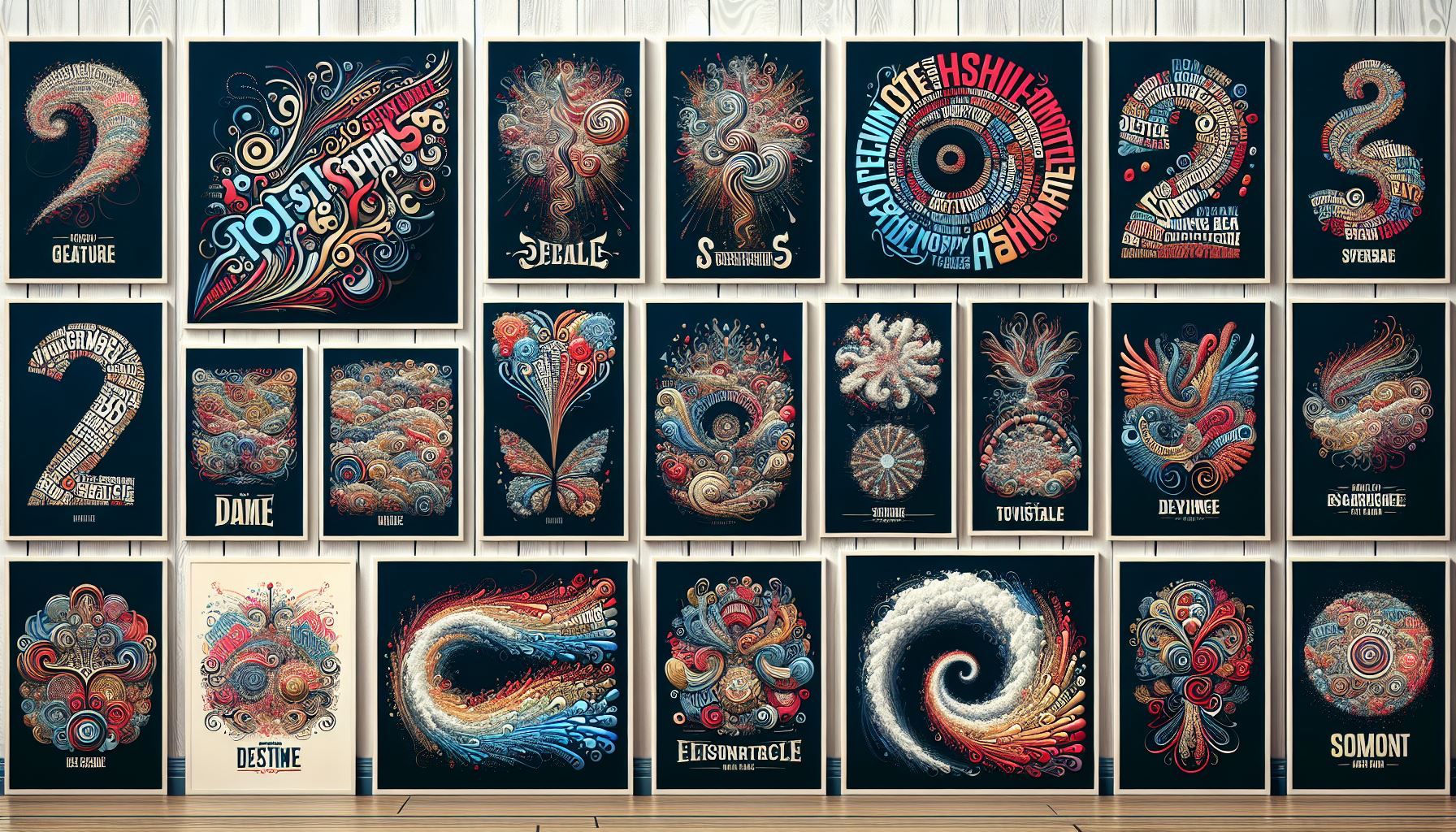Greetings fellow adventurer. Have you always been into video games and do you have a passion for languages? Perhaps you might have heard of the land of “Game Localization” where people have to put their linguistic skills to good use while combining them with their passion for gaming?
Game Localization is a challenging field and one who dares to step into it shall be ready to face sinister monsters, battle tough bosses and shall be willing to start from all over again when they are out of their lives.
Hence, here comes a cheat sheet (ehm… blog post) to delve into most common problems in game localization and how to solve them.
While the industry is moving forward and each day the developers try to pay more attention to how they prepare the text files, one of the most common problems still is files without contextual information.
Video game localization is all about cultural adaptation, because as a localization professional our job is to create content that is to be read and understood by the speakers of our native languages. When there is not much context, sometimes it gets impossible to understand how to handle a certain text.
Video game localization is all about cultural adaptation, because as a localization professional our job is to create content that is to be read and understood by the speakers of our native languages. When there is not much context, sometimes it gets impossible to understand how to handle a certain text.
So, whenever you are out of context:
a. First of all, check if there’s any information you can use in the String IDs. String IDs can be displayed with different view options of different CAT tools. They might give in important information.
b. If there’s no string ID available or the string ID is not understandable (just consisting of some random letters), try to make a comprehensive Google search to understand if it’s a very specific usage in source language. Since the translators, most of the time, are not native speakers of the source language, there might be some details, usages lost to us.
c. Raise a query. Most project specifications come with a relevant query sheet. If your project manager allows you directly inputting queries, then go ahead and ask. However, mind the fact that your queries will be read by developers, hence you should watch out for your tone of voice. No criticism, negativity, etc.
3. Tricky Paths of Cultural Adaptation
The world is a big place with lots of cultures. However, when we localize a video game, we mostly localize it from a single language that is written and prepared for a specific audience.
Hence, in your journey of games localization you’ll face so many challenges on this level.
Hence, in your journey of games localization you’ll face so many challenges on this level.
a. You should think if a specific concept is applicable to your country/region. For instance, imagine that you have to localize texts about Christmas, Holiday Season, Easter etc. If these holidays are not celebrated in your country, you should find alternative ways to refer to them, because translating them directly will cause the players to disengage. If you translate “holiday” directly for an audience who don’t spend the last week of December off, they won’t understand and will even be confused when you refer to holidays.
b. If you have any concerns about content with cultural sensitivity, you should make sure to check with your contact person who sent you the project. Never guess, never assume.
What might not be a problem for you personally might create a big issue for the overall audience and as a video games professional, your end clients are always the players.
5. Realm of Special Characters
Each language is unique and hence has unique alphabets. Even if you’re using a Latin alphabet, at the beginning of the project you should check with the client if diacritics, circumflexes and other special characters are supported in the game.
Another problem is with the auto-casing method that the game developers so gladly apply all the time, but it leads to problems sometimes. The upper case version of a lower case letter might be different in your language when compared to English and this will cause typos in the final text. To avoid this issue, you can always check with your client to clarify if autocasing will be applied.

6. Gender neutrality boss
In game localization, this is a very important topic.
Imagine a game where the player will create their own character and define their gender. Aside from that the NPCs also have a gender and sometimes we cannot tell it from their names. Coming up with gender-neutral expressions is generally a big challenge in the translation from English into languages with a grammatical gender of verbs.
Imagine a game where the player will create their own character and define their gender. Aside from that the NPCs also have a gender and sometimes we cannot tell it from their names. Coming up with gender-neutral expressions is generally a big challenge in the translation from English into languages with a grammatical gender of verbs.
The default translation of generic expressions like even “player” might be in “masculine” form in gendered languages. In order to be inclusive, you need to be careful in your language and try to come up with expressions which include people from all genders.
Other than this, there’s the problem of variables. Variables can stand for nouns or proper names and they might be objects of verbs and hence inflection would be necessary. As a result, you need to apply various strategies to make the sentence sound meaningful.
The real word which will replace the variable might be in masculine or feminine form in the end. Also, there will be adjectives used with these words and the gender of the word will define the adjective to be used.
The real word which will replace the variable might be in masculine or feminine form in the end. Also, there will be adjectives used with these words and the gender of the word will define the adjective to be used.
Each language comes with its challenges and hence you need to be attentive to this while working on the localization of a game, because the solutions for each language are different from one another.

7. NDA (aka Never Disclose Anything)
When you start your cooperation with a company (either an LSP or a developer/publisher) you might be required to sign an NDA. Please read this carefully because in the gaming world, NDA’s are more than just paperwork and bureaucracy.
You see, each title is considered an IP and in order to disclose that you worked in a specific title, please make sure if any of the below apply to you:
a. Have the written permission of your employer that you can disclose it publicly,
b. Your name should be in the Credits section of the game itself.
Please note that, you still cannot disclose the title directly even if they have asked your name for the Credits. To be able to disclose it publicly, the game needs to be launched and you personally should see that your name is there + take a screenshot of it for proof.
Because sometimes, the developers ask our names but in the end they decide not to add it to the game.
However, sometimes you’ll notice that it’s added at a later stage. Hence, if you want to showcase more of your work, please be attentive to this and chase the Credits more actively.
Because sometimes, the developers ask our names but in the end they decide not to add it to the game.
However, sometimes you’ll notice that it’s added at a later stage. Hence, if you want to showcase more of your work, please be attentive to this and chase the Credits more actively.
If you don’t have your name in the credits, sharing the name of the title on social media, in your CV or on any other platform might result in financial or legal repercussions.
However, you can still share the game without giving its name, only by giving some of its characteristics, such as “A very well-known RPG game set in a fantasy land, where you get to…”
8. Slang or Not Slang, That’s The Question
While you’re working in various gaming titles, you’ll come across many dialogues which are basically colloquial speech. In these dialogues, some level of slang can be used in the source text and your job here as a game localization expert is to ensure that the correct dose of slang is conveyed into your language.
Again, the languages are different and hence slangs used in each and every language will be different too.
In English, the standard slang words like “f.ck”, “s.hit” are sometimes lighthearted depending on the context. However, in your language this might not be the case and overall slang usage might entail a lot heavier meanings and if you directly translate those slang words into your language, you might end up with teenagers having an adventure talk like a very grumpy old man who’s cursing at everything.
In English, the standard slang words like “f.ck”, “s.hit” are sometimes lighthearted depending on the context. However, in your language this might not be the case and overall slang usage might entail a lot heavier meanings and if you directly translate those slang words into your language, you might end up with teenagers having an adventure talk like a very grumpy old man who’s cursing at everything.
If you liked this article, read also:
- 8 sfide da affrontare nella localizzazione di videogiochi e come superarle
- 10 job hunting tips to find the best jobs in the translation industry
- The Best 10 Platforms to Find your Dream Translation and Interpreting Jobs (Ed. 2024)
- The 10 best terminology and glossary management tools for translators and interpreters
- 8 successful culturalization examples to take inspiration from







